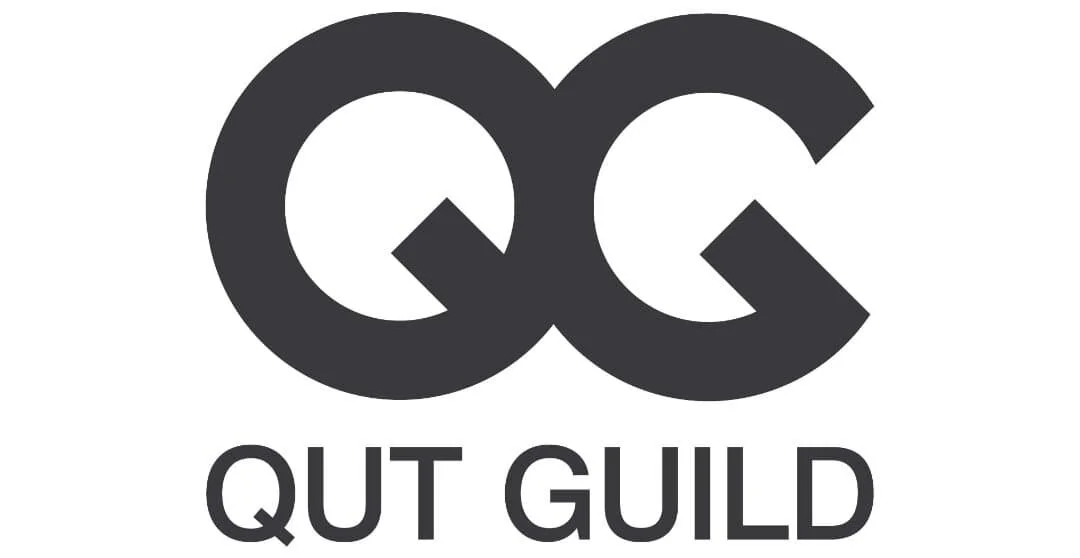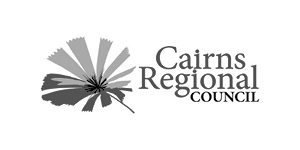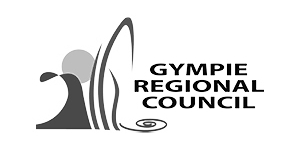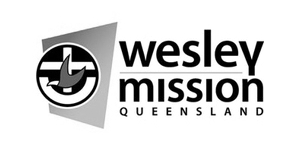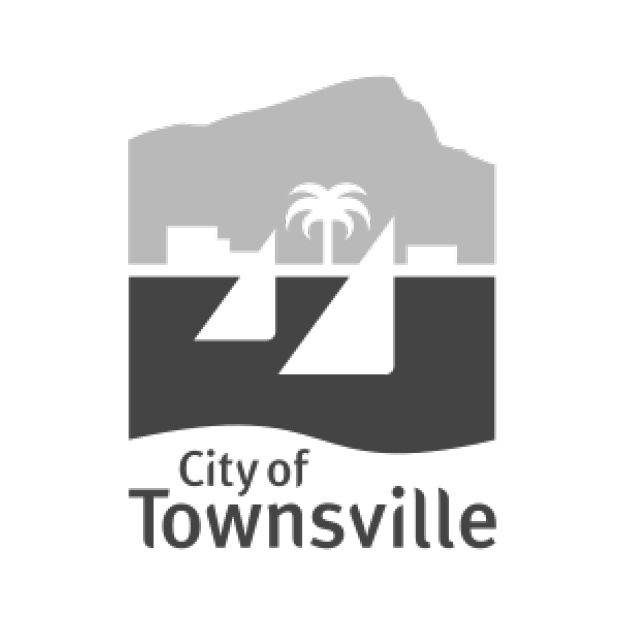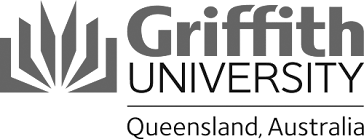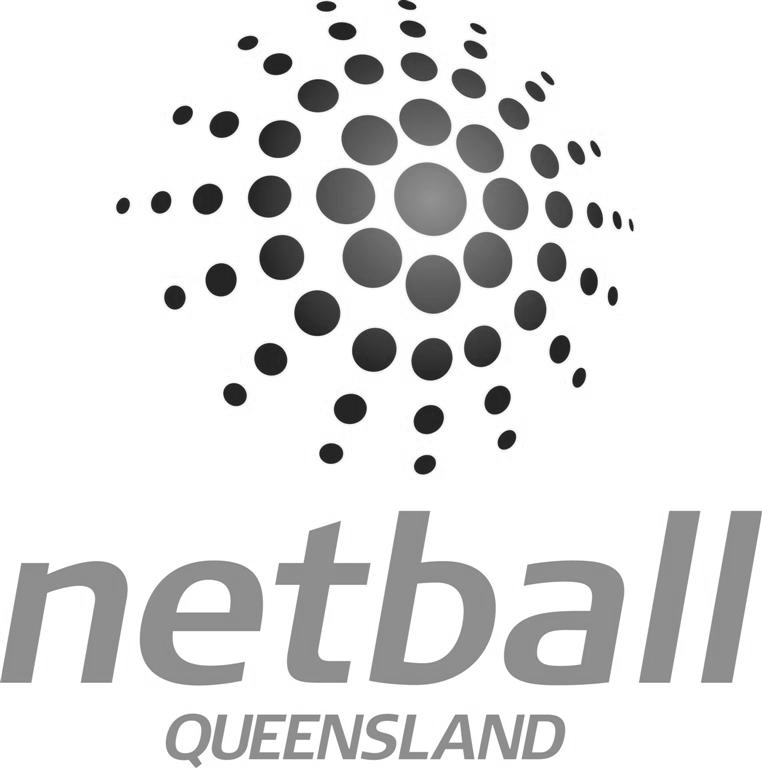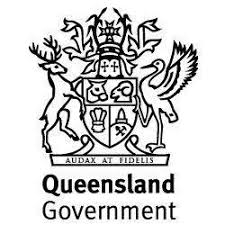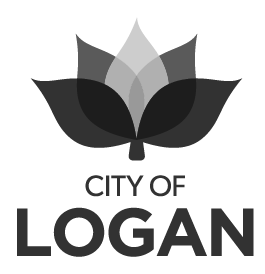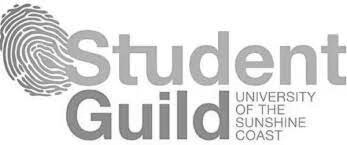How to get grants? Forget about grants!
There is often a misconception that grants are easy money. The idea that grant money will just fall in your lap is really far from reality. While grant writing is not difficult, it does take time and effort. But writing the grant is actually the easy part. Once you’ve secured a grant, you have to deliver your project, on budget and on time.
If you have a well-planned project, grant money is a great way to get it accomplished sooner, and that’s the key - grants provide money for a project. Be proactive by starting with your project and being ready when the right grant comes along. If you are reactive when a grant program opens and ask, ‘What can we get?’ with this grant, you are likely to be stuck rushing to get your project ‘shovel ready’ in time. The typical grant lead time is six weeks, if you’re lucky. Grant assessors are great at identifying applications that have been rushed in that six-week time frame.
So the irony of grant writing is that you are more likely to be successful at securing a grant if you don’t think about grants at the beginning, and focus on developing a great project instead. Only when you have a great, well-developed project should you then seek out the most appropriate grant program.
When writing grant applications, remember that it’s not the ‘stuff’ that you intend to buy or build with grant funding that matters; it’s about the outcomes. That’s why the storytelling aspect of a grant application is imperative.
You need to tell a story and engage emotionally, and not just talk about facts and figures. Think about what you do to service the needs of the community and how this project will help you achieve positive community outcomes.
Here are some rules to think about when you’re considering applying for a grant for a project.
Always follow the path of least resistance
Avoid developing projects reactively, purely for the purpose of getting a grant, as these sorts of projects typically end up costing you lots of time and effort. Don’t try to manipulate a grant program or your organisation to get a grant. Grants are not profit – but provide funds to deliver outcomes. And the outcomes should further your organisation’s aims and objectives, as spelled out in your constitution.
Make enough money from what you do, to cover the costs of what you do
The best rule about grants is to forget about grants – concentrate on the project and most importantly, running a good business. If you’re not trying to rely on grant funding to prop up your operations, you’re more likely to get a grant. This is because if you’re operating on ‘the smell of an oily rag’ from one year to the next, this doesn’t present a picture of a viable business. Grant assessors will question whether you actually have the ability to deliver the project, making it a high risk. See more about understanding and maintaining your Level of Service here.
Use fundraising and grants for specific projects
You won’t be able to get a grant for every project, so consider which projects are more likely to attract grant funding. For example, a maintenance project like fixing your roof is less likely to be eligible for a grant compared to a capacity building project like building an additional change room. That’s why organisation planning is important. Make your projects clear, and prioritise and ascertain where your funding will come from.
Grants take effort
You not only have to be prepared to write the grant application, but you will also need to deliver the project to budget and on time, and to follow the acquittal process set out by the grant provider.
Don’t go it alone
First, pick up the phone. Grant assessors love talking about projects early. They can confirm if your organisation and your project are eligible, making sure you don’t waste your time. And work with your committee. Bringing people and ideas together can make the grant writing process fun and less stressful. And it’s always a good idea to have someone else proof your content.
Tell a story
Start with the positive community outcomes, then lead into the what. Keep it simple and to-the-point, while retaining the emotive aspects of the project outcomes that will connect with people.
Use data to support your arguments
Use data that is specific, relevant and recent. Funding bodies assess an immense amount of applications, so it’s vital that your application doesn’t get weighed down with unnecessary data that obscures the real issue you are trying to address, but rather supports your argument and story with facts.
Answer every question
This seems like a simple one, but it’s been missed before. Answer every question and if you believe it’s not applicable, then that’s a great question to discuss with the grant assessor when you’re on the phone.
Be funding ready
Know your projects and be technically ready. For example, have your certificate of incorporation, constitution, insurance details, audited financials, and member details updated and available.
Remember grants are not handouts. Just because your organisation exists doesn’t mean you deserve a grant. Grants are a privilege, not a right. They are available to make positive community outcomes a reality.
For more tips on grant writing, listen to the whole Basket Case Clubs podcast episode about grants with Michael and Steve here.




